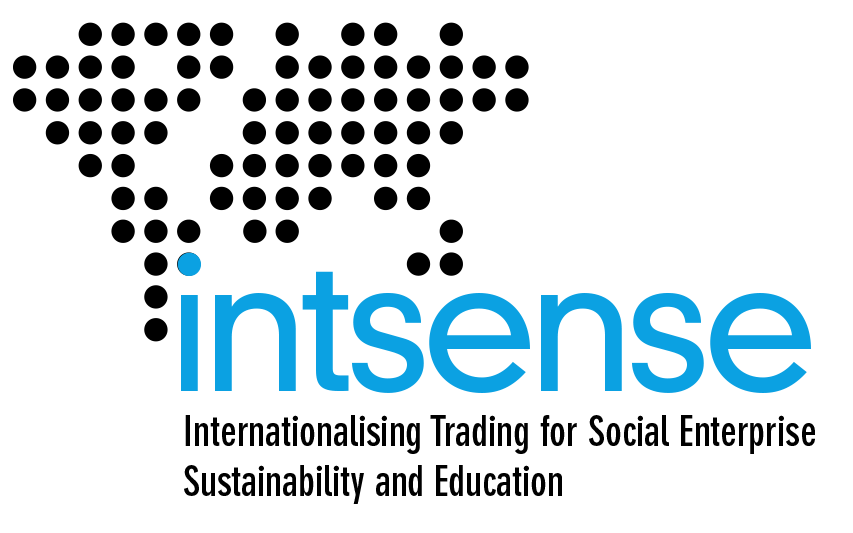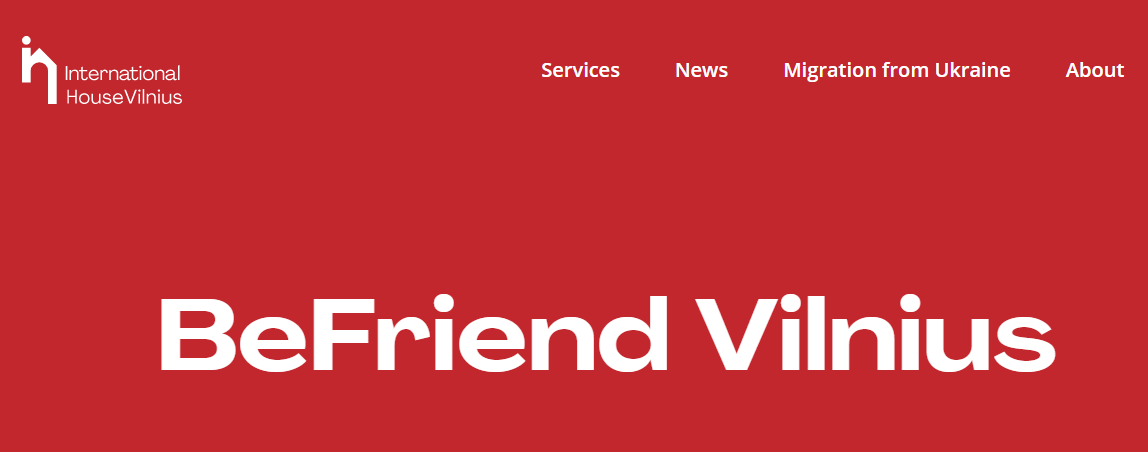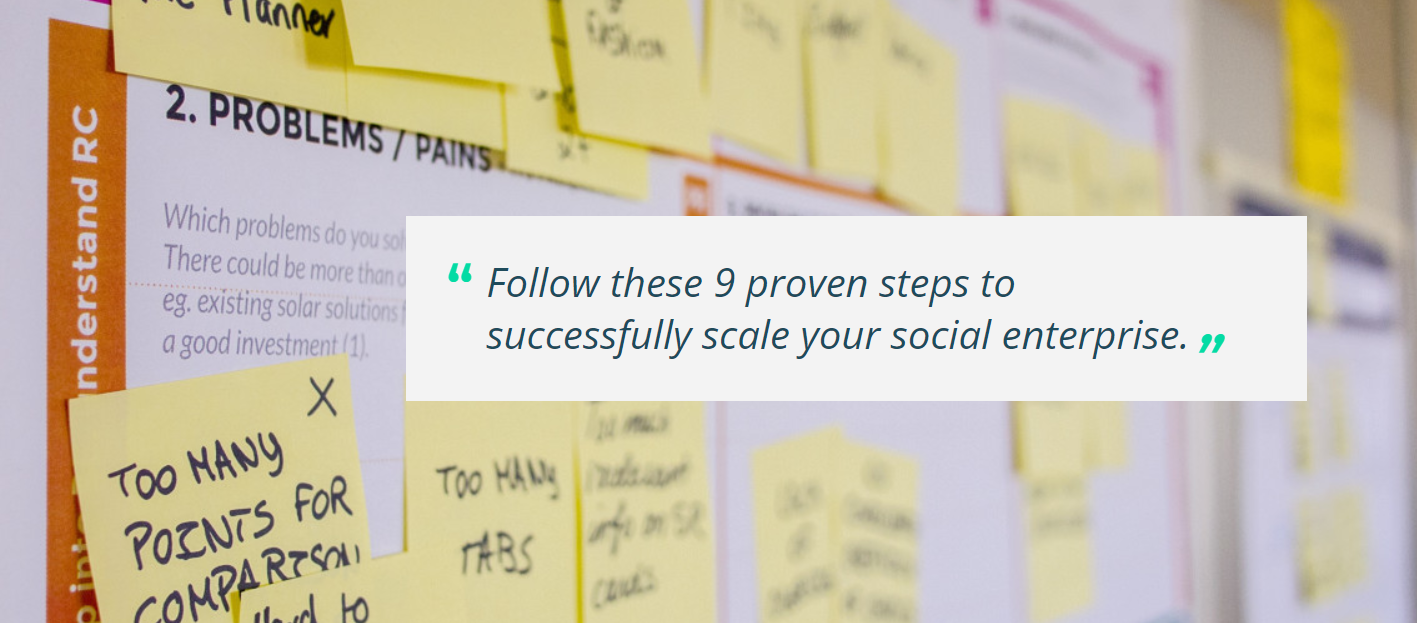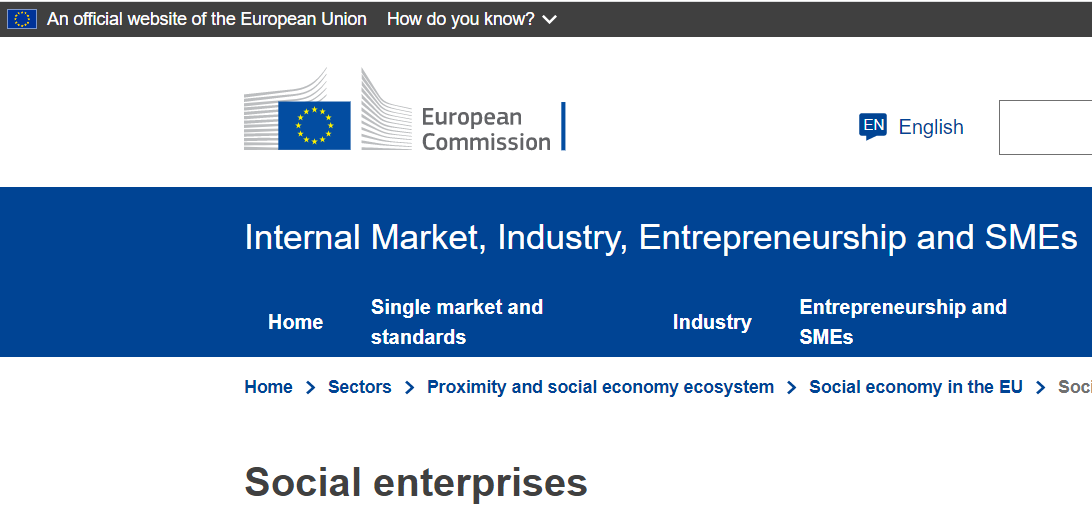The concept of social entrepreneurship gets more and more popular and people all around Europe and also the rest of the world start to recognize it as an important tool for attaining the social goals of different societies. Entrepreneurs can use several national and European sources of support in order to start or expand their business, and as many social enterprises keep growing, they also start to think about expanding their business across the borders.
Internationalizing the social business has not yet became a common practice in the Baltic Sea Region. However, given the growing support of the concept, international expansion may be the next logical step to many social businesses also in this region. The obstacle for such expansion, of course, is the limited resources and also the lack of support mechanisms for such actions. Therefore knowing what are the available tools, resources and support mechanisms is of very high importance. What is more, a very substantial source of inspiration and also knowledge is the experience of other social entrepreneurs who already have started their international trading. Information about that and also other important factors that should be taken into consideration when growing your social enterprises internationally, can be found here: http://www.intsense.eu/. In this online platform developed within the framework of a project Internationalising Trading for Social Enterprise Sustainability and Education social entrepreneurs and other interested parties can obtain knowledge of several aspects of international trading of the social enterprises. What is very valuable, is the fact that a huge part of the data that has been produced within this project comes from interviews with social entrepreneurs from Latvia, Lithuania, United Kingdom, Germany, Italy and Greece and are based on real experiences of success and failure of these social entrepreneurs, therefore rendering the data credible and very useful. The conducted study researched such aspects as motives behind foreign establishment, typical forms of trading international, relevant resources and the barriers and challenges faced when starting the international trading.
The platform offers four different educational and informative materials useful for anyone interested in social business, especially social entrepreneurs who want to start trading internationally:
- A framework of factors that act as enablers and barriers to the internationalization of social enterprise trading of goods and services that reflect differing business models currently in use. This is an entry level framework and acts as a summary to the whole of the project;
- A desk-based research report that maps out and appraises the use of current support mechanisms available in Latvia, Lithuania, Italy, Greece, the UK and Germany for social enterprises wanting to internationalize their trading practices;
- Case study materials that act as pilot lights to show exemplars of social enterprise international practices, collected from social entrepreneurs that are already trading their goods and services internationally; and
- Formal and informal educational and training materials relating to the international trading of social enterprise goods and services, their sustainability and support mechanisms available. The materials will comprise an online interactive business canvas, video summaries and written modules, based on the findings of the project that can be adapted to a variety of educational settings.
Visit http://www.intsense.eu/ to learn more and download the informative and educational materials.
Project Internationalising Trading for Social Enterprise Sustainability and Education is co-funded by the Erasmus+ Programme of the European Union.















Leave A Comment